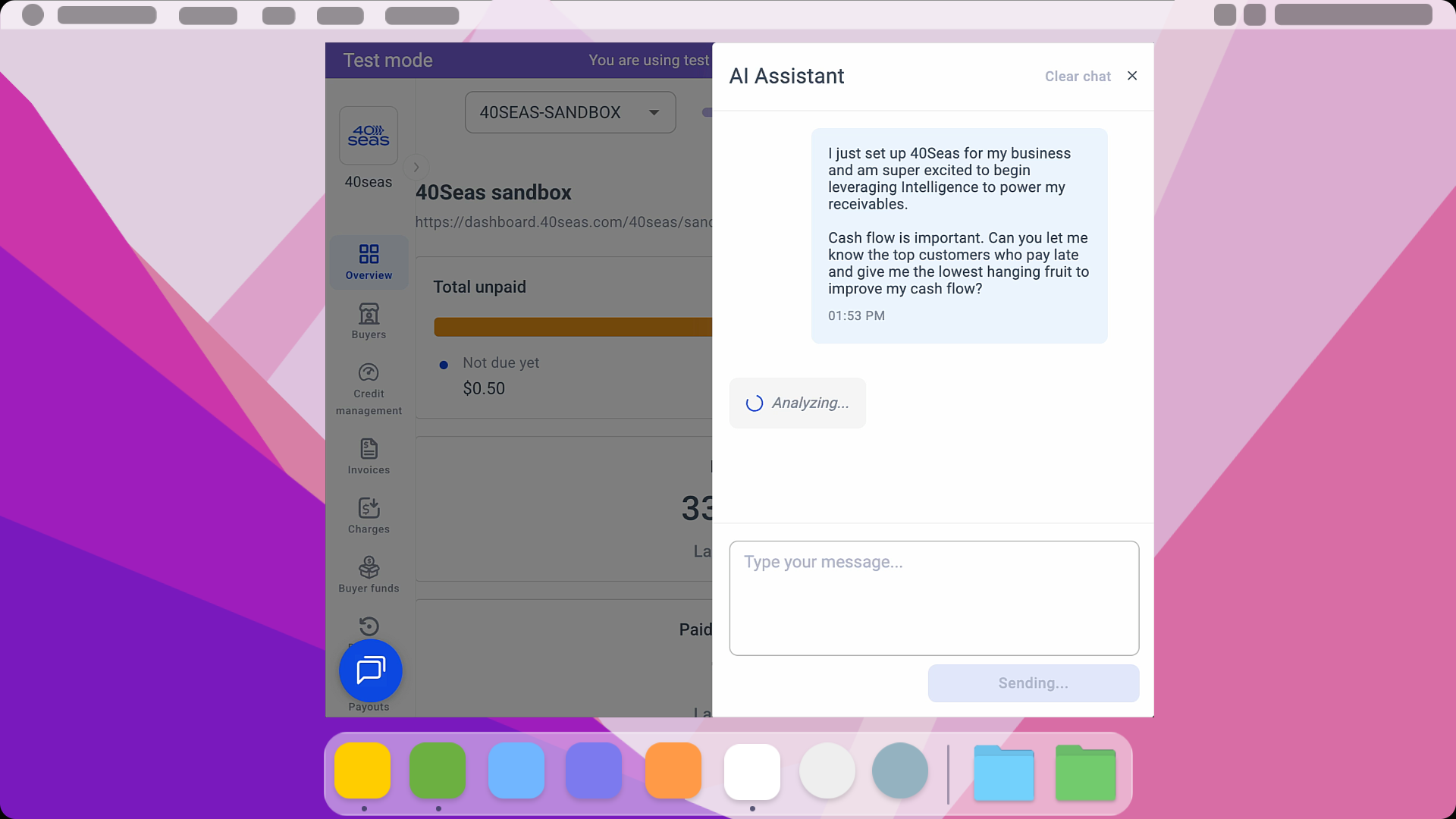Given the far from favourable macroeconomic environment and widespread disruption across the global supply chain, SMEs, now more than ever, need swift access to financing to have the best chance of survival. For too long, semi-manual or manual processes and lengthy paper trails have been fueling pressures on SMEs – who now constitute 43% of global cross-border trade volume, according to the OECD. Antiquated payment technology and trade financing offerings have exacerbated global supply chain fragmentation, making life unnecessarily difficult for SME importers and exporters.
Up until very recently, SME growth has been hindered by what can aptly be described as a financing ‘glass ceiling’, leaving them struggling to protect cash flow and drive profits. In stark contrast to the tech-led transformations that have driven efficiencies across a host of other industries, the trade financing landscape has remained static over time, failing to evolve with the nuanced needs of SMEs operating in today’s hyper-competitive global economy. Among this pressing set of needs is swift and reliable accessibility of capital. This has been a longstanding industry pain point for SMEs, who are 7 times more likely to be denied trade financing than multinational companies, according to the WTO. It goes without saying, but SMEs need absolute clarity around capital availability in order to make informed decisions around inventory management and to plan for the future with any real sense of confidence. This need for clarity is particularly urgent in today’s highly unpredictable and fragmented supply chain landscape.
When it comes to facilitating cross-border transactions for SMEs, traditional trade finance institutions and banks simply don’t have the bandwidth to analyze the creditworthiness of companies at a granular level, leaving SMEs at a significant disadvantage. Sure, they can assess risk when it's one large transaction within a single jurisdiction, but it’s considerably more difficult when lots of smaller amounts of credit need to be processed across borders – as is typically the case with SMEs. This is especially complicated and cumbersome for companies who rely on Letters of Credit (L/Cs) to solve cash flow issues.
Given the limitations of legacy trade finance institutions in this regard, the case for harnessing the latest innovations in AI to make life easier for SME importers and exporters is iron clad. In the context of trade financing, AI can relieve many of the common stresses and roadblocks that have historically plagued SMEs in terms of capital accessibility. By rapidly analyzing vast volumes of financial data, AI can be leveraged to scalably verify creditworthiness, assess risk and process financing much more efficiently than traditional trade finance institutions and banks.
AI can be utilized to verify the creditworthiness of SMEs by quickly analyzing troves of data such as financial statements and transaction history, while Machine Learning algorithms can analyze historical demand patterns and market trends to forecast future demand for products. The compound effect can facilitate more accurate, streamlined and efficient credit evaluations, enabling scalable and timely decision-making for lending institutions.
At 40Seas, we are tapping into the power of AI and data-driven technology to offer flexible payment options that effectively increase the availability of working capital for SME importers, exporters, freight forwarders and sourcing agencies. In addition to leveraging data-driven technology to automate decision-making processes and scalably verify creditworthiness, we are also helping businesses streamline communication around order tracking – alleviating a major administrative burden for ecosystem players.
With global AI investment levels forecast to reach $422.37 billion by 2028, the hope is that a sizable share of this investment surge will be allocated across the global supply chain, empowering SME companies through task automation, data-driven decision-making, process optimization, while ultimately fostering growth and competitiveness in the market.











.svg)